Optimal Timing for Lawn Rototilling
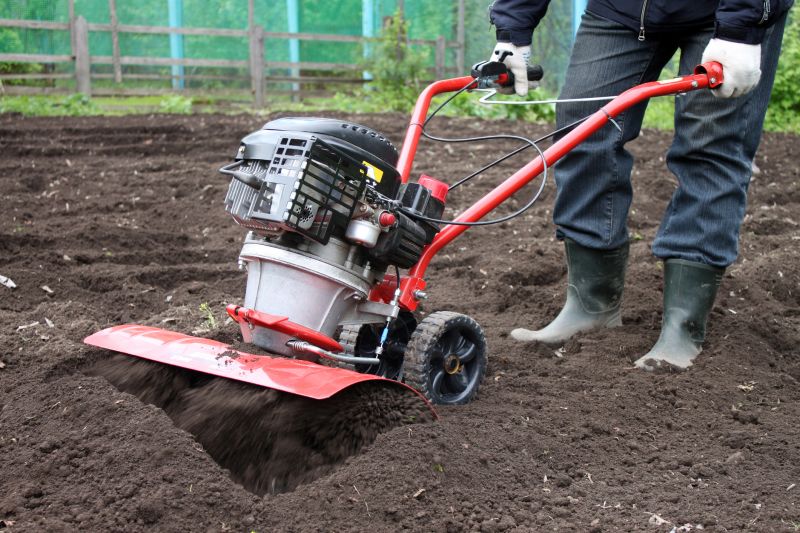
Spring is often ideal for rototilling as soil is moist and warm, promoting healthy growth.
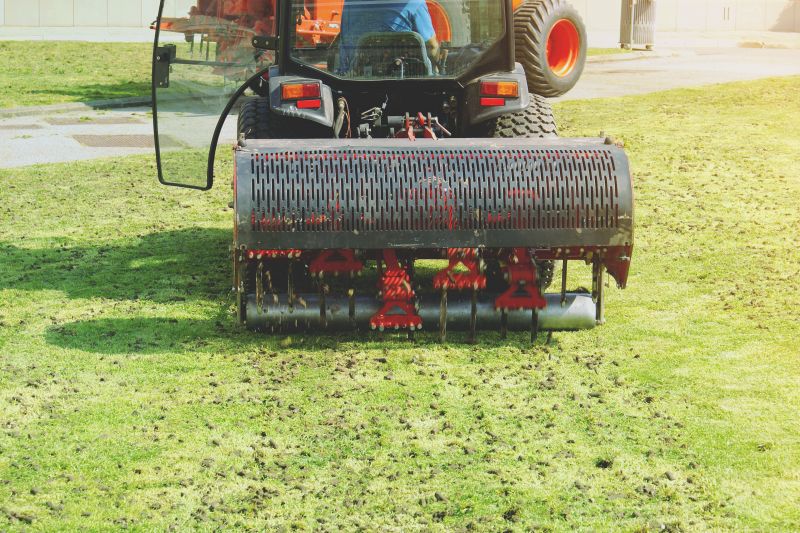
Fall allows for soil aeration and preparation for the next growing season, making it suitable for rototilling.
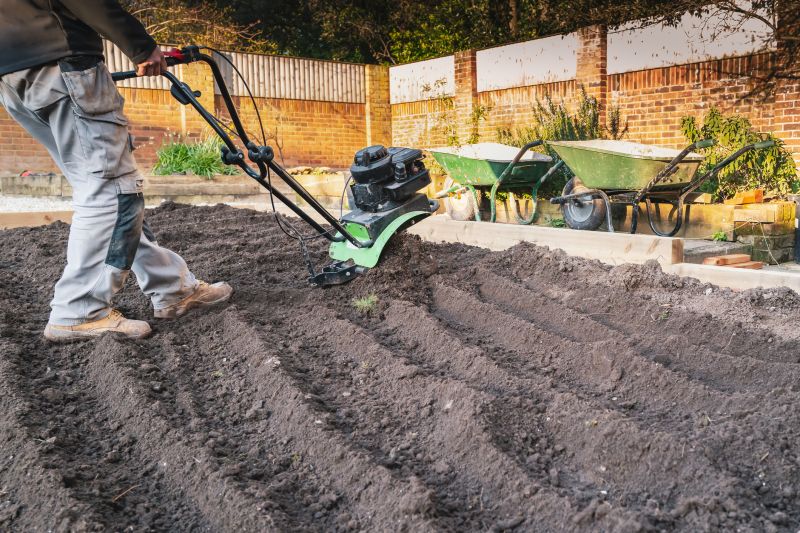
After winter, rototilling helps to break up compacted soil and remove debris before planting.
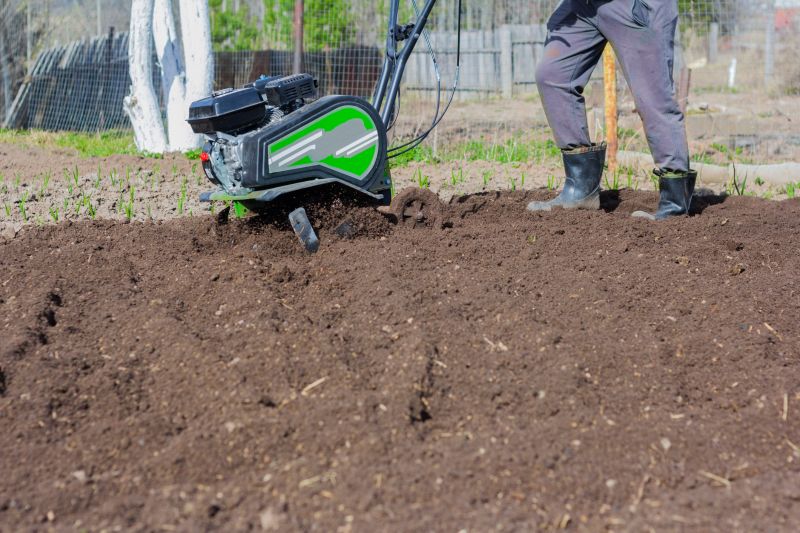
Ways to make Lawn Rototillings work in tight or awkward layouts.
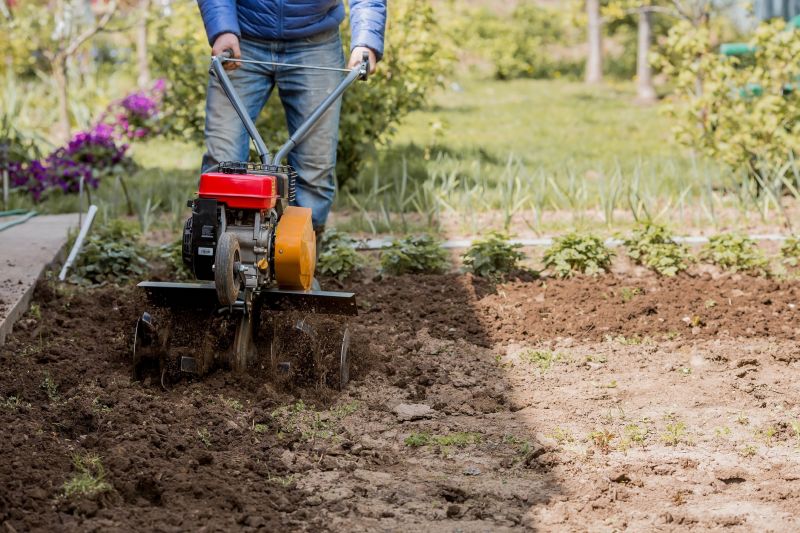
Popular materials for Lawn Rototillings and why they hold up over time.
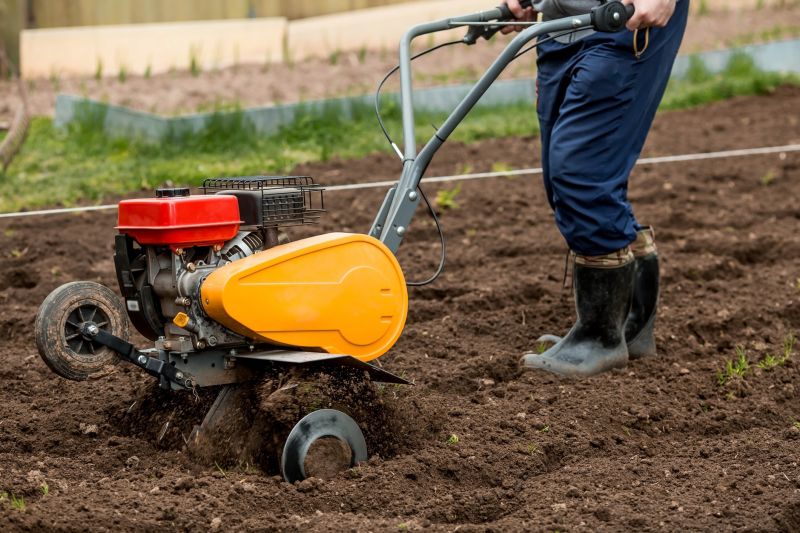
Simple add-ons that improve Lawn Rototillings without blowing the budget.
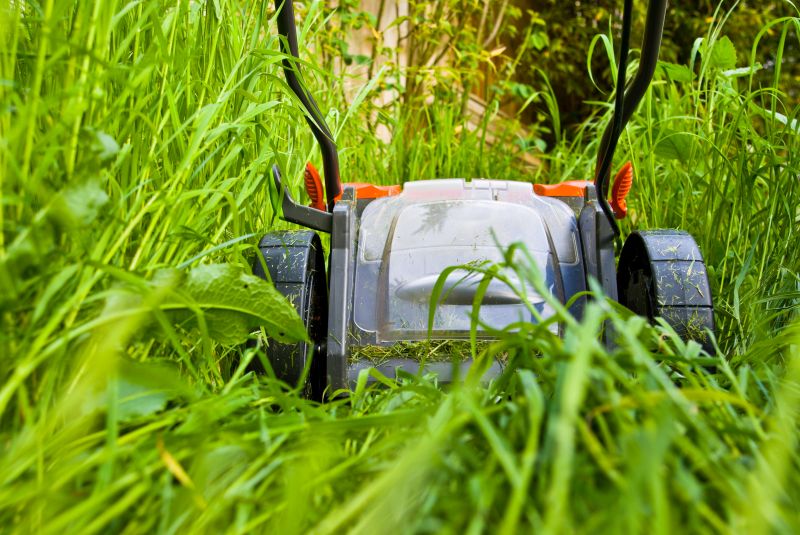
High-end options that actually feel worth it for Lawn Rototillings.
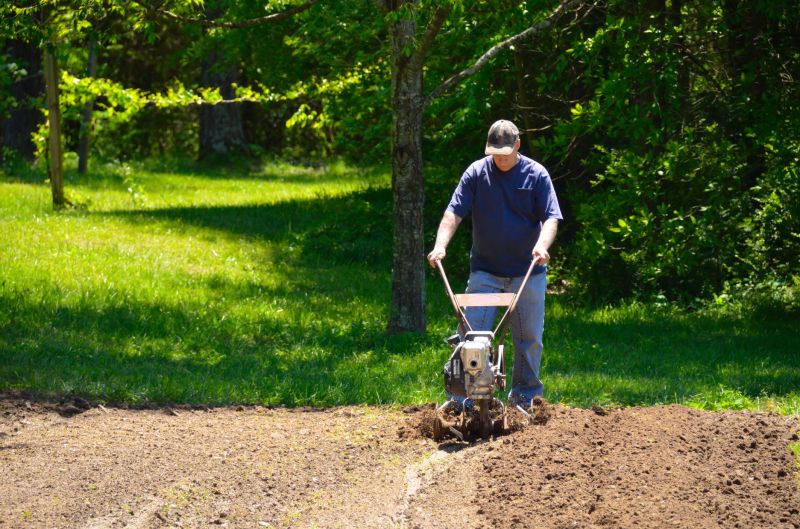
Finishes and colors that play nicely with Lawn Rototillings.
Lawn rototilling is a process that involves turning over and loosening soil to improve its structure and health. It is commonly used for preparing a site for new grass, removing weeds, or aerating compacted soil. Proper timing of rototilling can significantly influence the success of lawn renovation or planting projects. Typically, the best times are during periods when soil moisture levels are optimal and temperatures are moderate, ensuring minimal disruption to existing plant life and promoting healthy root development.
Enhances soil aeration, improves nutrient absorption, and prepares the ground for seeding or planting.
Ideal soil moisture levels are crucial; overly wet or dry soil can hinder rototilling effectiveness.
Temperatures that are neither too hot nor too cold support better soil work and reduce stress on existing grass.
Typically recommended once every few years unless soil conditions or lawn needs dictate more frequent treatment.
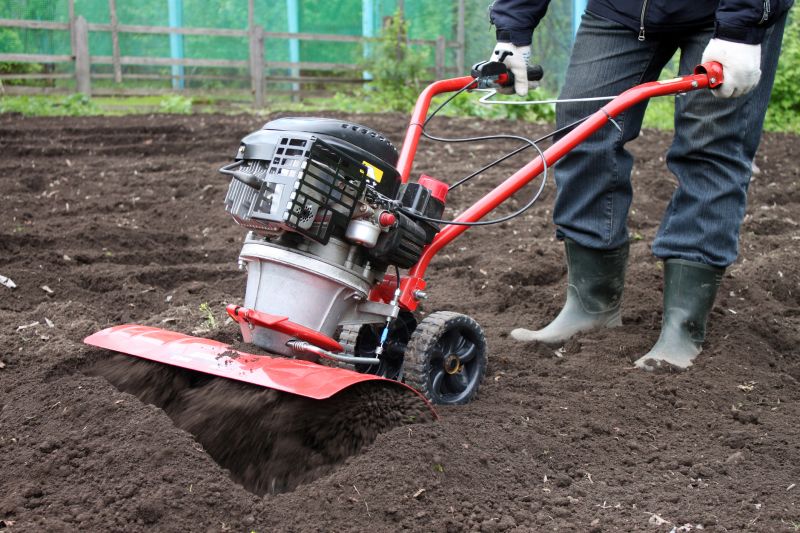
Various machines available for different lawn sizes and soil conditions.
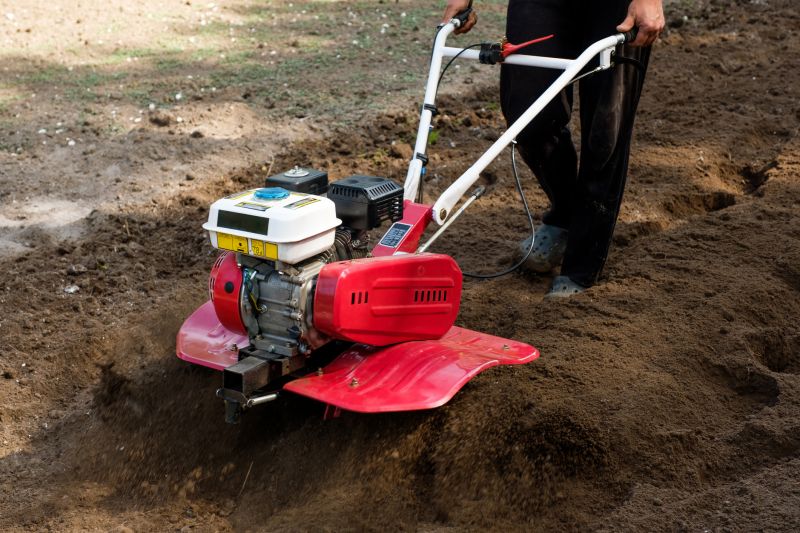
Clear the area of debris and ensure soil moisture is appropriate for effective tilling.
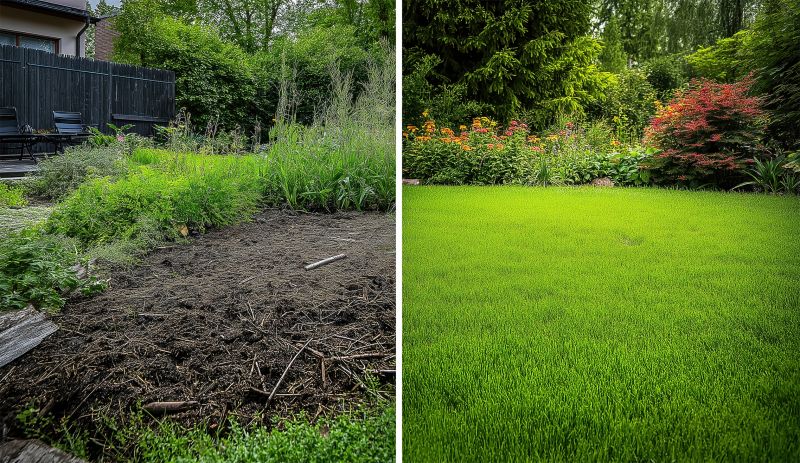
Follow up with fertilization and seeding to promote healthy grass growth.
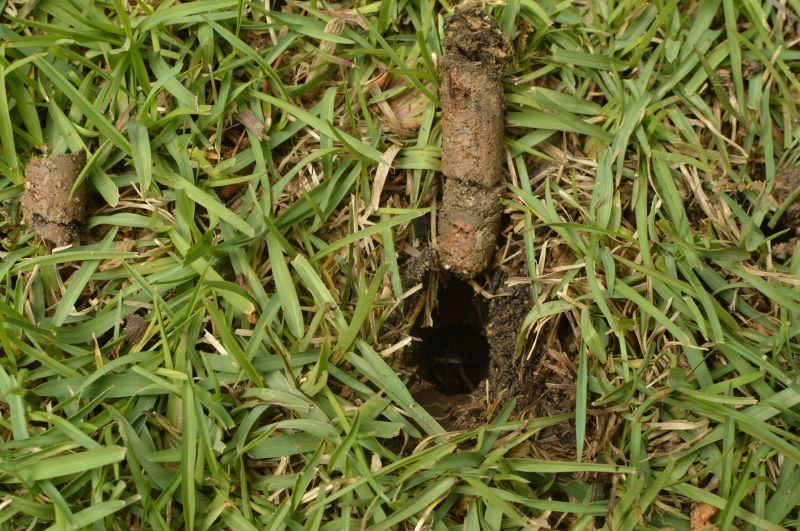
Loosened soil encourages root expansion and better nutrient uptake.
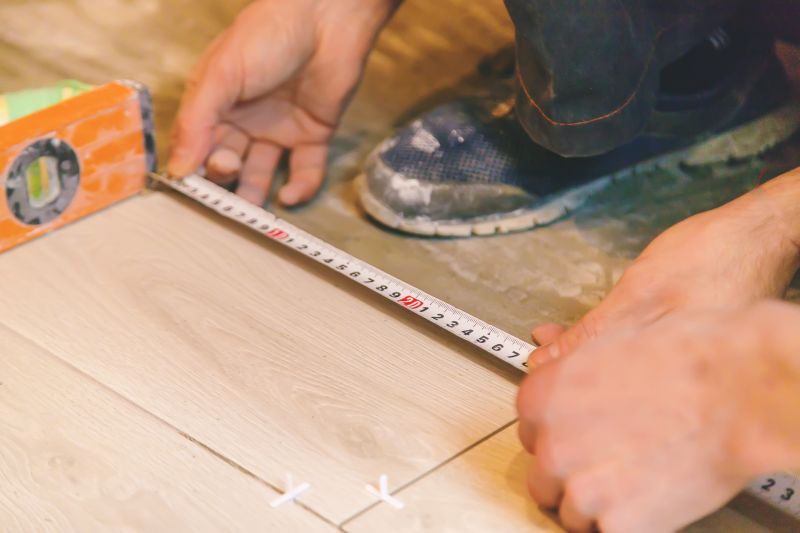
Little measurements that prevent headaches on Lawn Rototillings day.
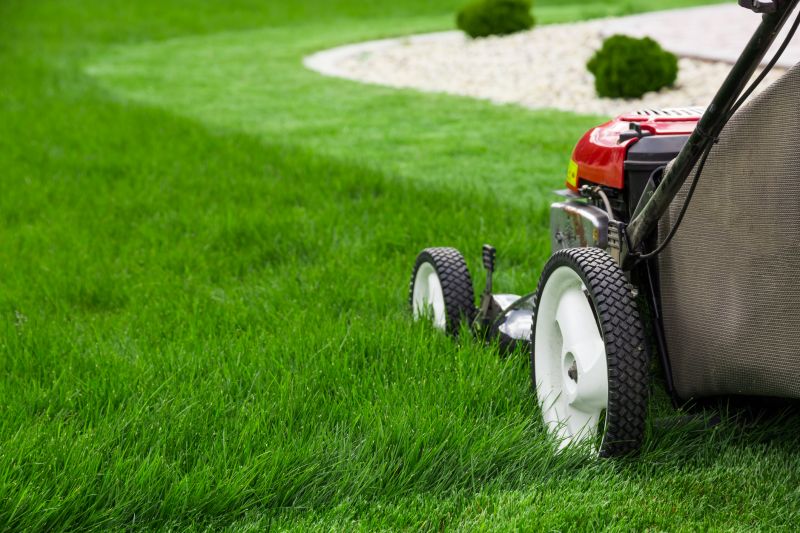
A 60-second routine that keeps Lawn Rototillings looking new.
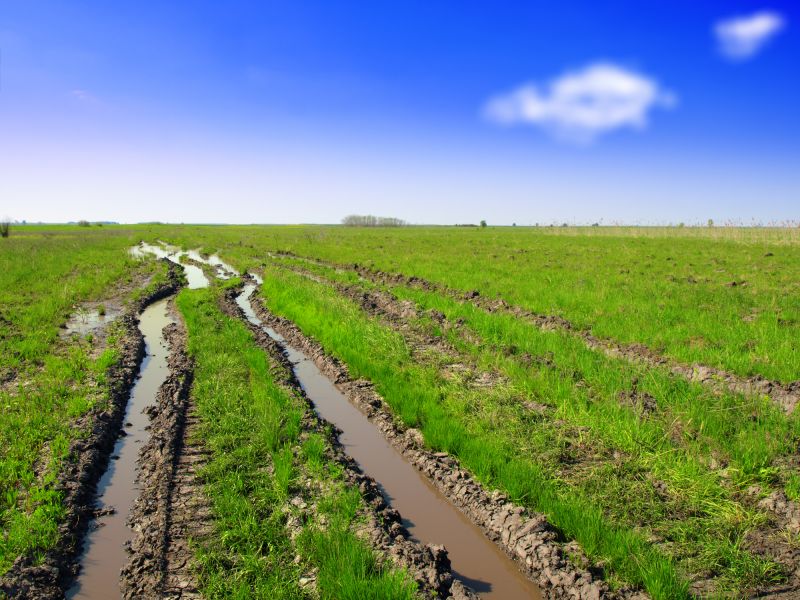
A frequent mistake in Lawn Rototillings and how to dodge it.
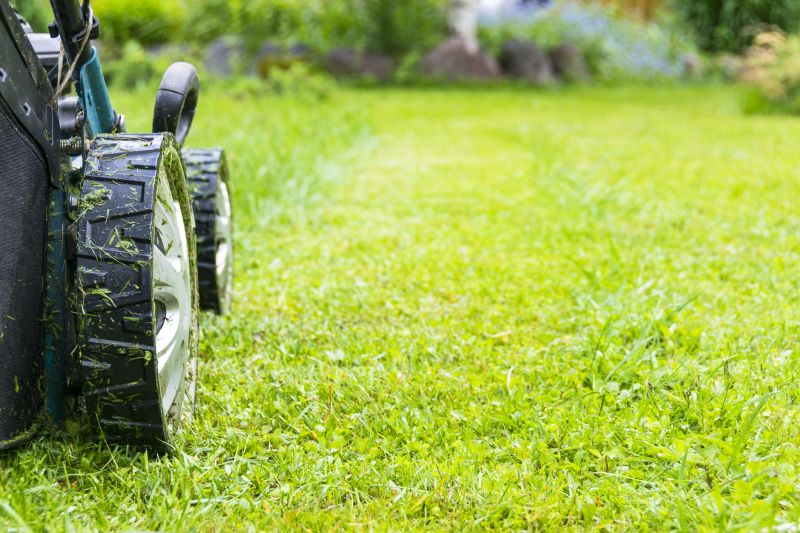
Small tweaks to make Lawn Rototillings safer and easier to use.
| Season | Ideal Conditions |
|---|---|
| Spring | Moist, warm soil; moderate temperatures |
| Fall | Moist soil; cooler temperatures |
| Post-Winter | Soil ready for aeration and debris removal |
| Early Summer | Use with caution; soil may be dry or too hot |
| Late Summer | Avoid during extreme heat |
Proper timing of lawn rototilling can lead to healthier turf and more successful planting projects. It is essential to monitor soil moisture and temperature conditions to avoid soil compaction or damage to existing grass. By selecting the appropriate season and conditions, homeowners and landscapers can optimize soil health and promote lush, resilient lawns.
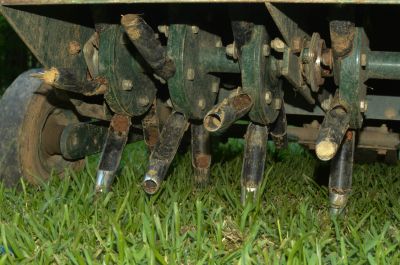
A professional uses equipment to aerate and loosen soil for better growth.
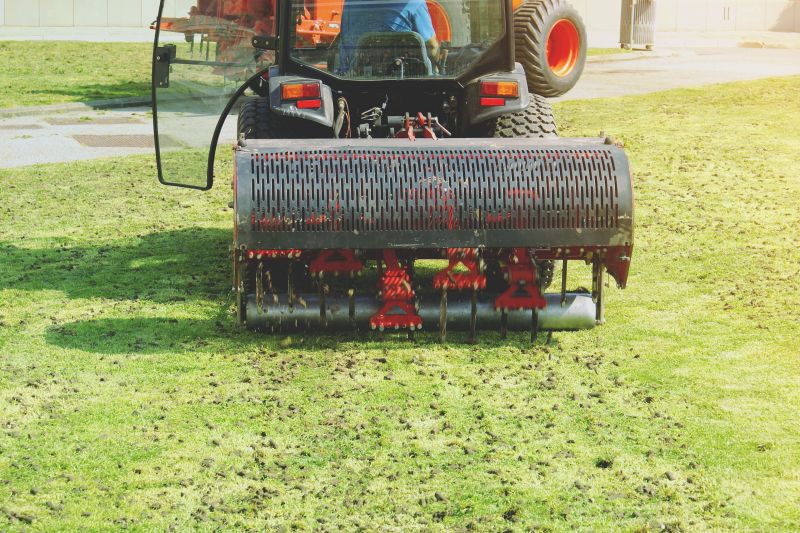
Different rototilling machines suited for various lawn sizes and conditions.
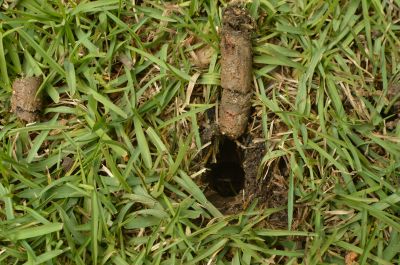
Loosened soil promotes strong root development and nutrient absorption.
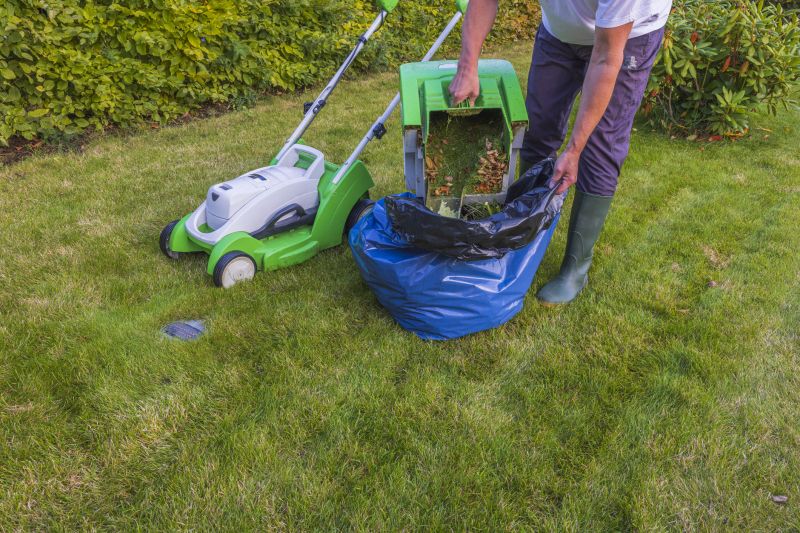
Lower-waste or water-saving choices for Lawn Rototillings.
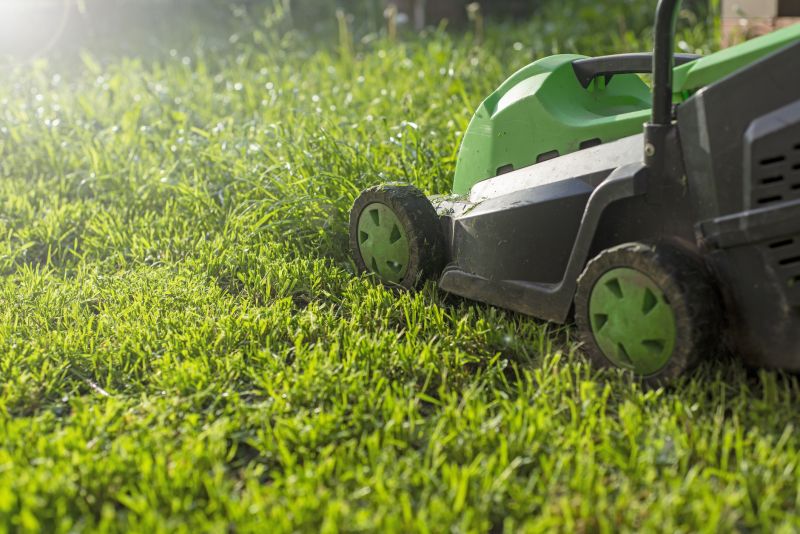
The short, realistic tool list for quality Lawn Rototillings.
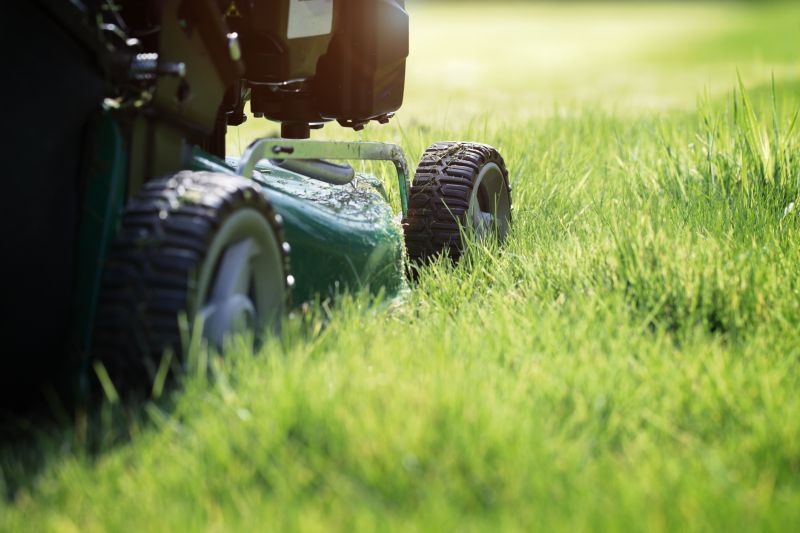
Rough timing from prep to clean-up for Lawn Rototillings.
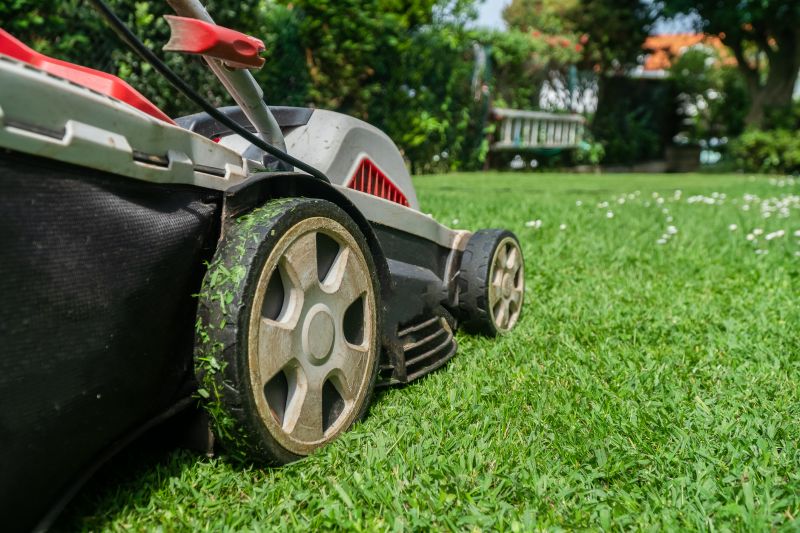
Quick checks and paperwork to keep after Lawn Rototillings.
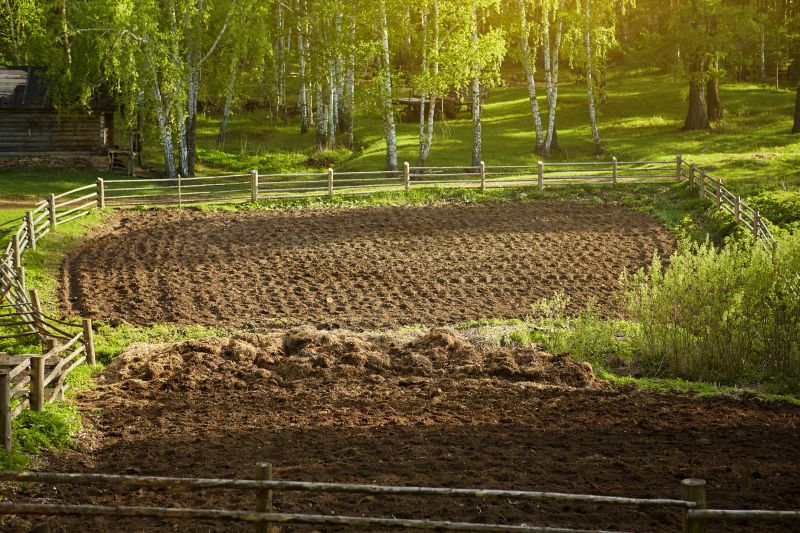
Examples that show the impact a good Lawn Rototillings can make.
Interested in scheduling lawn rototilling services? Filling out the contact form can provide more information and help determine the best timing for specific lawn needs. Properly timed rototilling can contribute to a healthier, more vibrant lawn, making it a valuable step in lawn maintenance and renovation.
